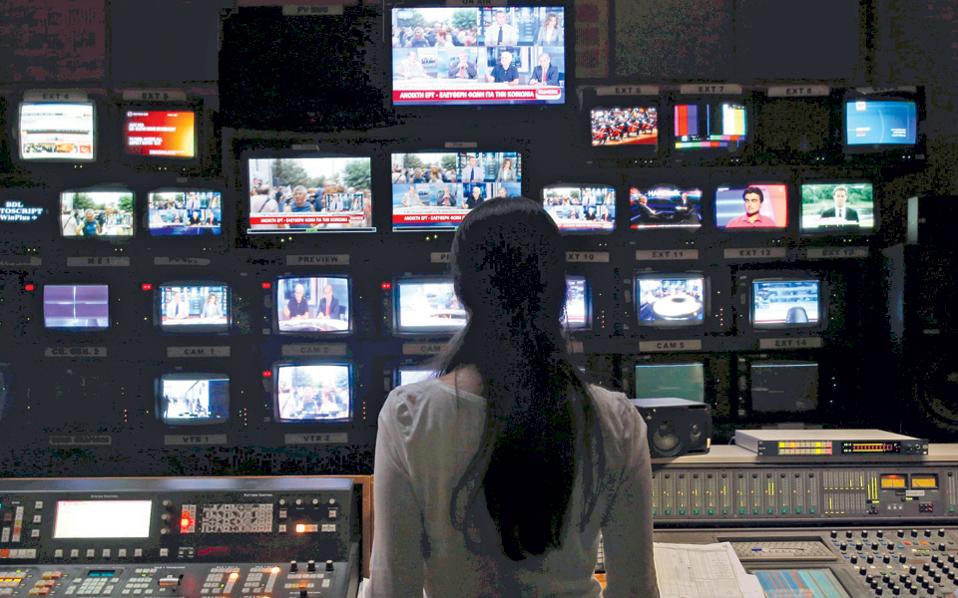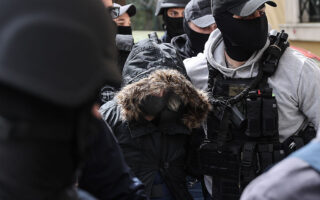Sinking into the mire

It took an appeal from government spokesman Giannis Oikonmou and the general secretary of social solidarity, Giorgos Stamatis, to the National Broadcasting Council (ESR) over the way the media was covering the case of the 12-year-old girl in the Athens district of Kolonos who was raped and pimped by her mother’s employer.
They needed to stress that there were serious ethical issues involved, but also the violation of the regulatory framework for protecting minors in the constitution and in Greek and European legislation. They needed to condemn the dissemination of explicit, private footage and details by television and radio stations and websites.
It took two government officials to address an independent authority on an issue in the public domain, on one that has caused widespread condemnation. There is so much condemnation of the coverage of the story, meanwhile, that we cannot help but wonder why the said coverage continues.
Let’s not delve into the “chilling” details of this “shocking” case, as per the journalistic cliches. Can we blame this sinking into the mire on stereotypes? Yes, but only in part. What we should also be looking at is the failure to properly and maturely consider and process information, which is codified in the communication between viewer/reader/listener and journalist. A whirlpool that does not actually help boost views that much, but certainly decreases credibility dramatically.
A recent event by the Incubator for Media Education and Development (iMEdD) in the context of International Journalism Week was presented with a study on media credibility in Greece. It found that there is a deficit in trust in every category. Television is in the worst place, with 72% of respondents saying they trust it only a little if at all, followed by websites, which are not considered trustworthy by 50%. The public, that is, does not trust the media it relies on for information. Isn’t that a contradiction? Not at all. Addiction and inertia steadily bolster the worst version of events.
So what can we do about it? How hard is it to introduce a more moderate approach? To shed light on the darker aspects of humanity without becoming hysterical? “Objectivity does not mean neutrality,” says top international journalist Christiane Amanpour. Can there be credibility without constant vigilance for protecting the red lines? The crossing from civilization to barbarity may be unguarded, but it is not without cost – and not just to the quality of journalism, but to democracy itself.





